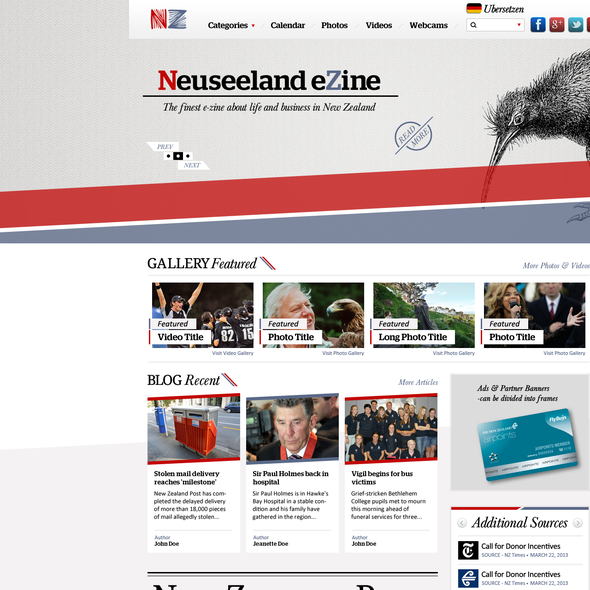The Ultimate Guide To News Websites
The Ultimate Guide To News Websites
Blog Article
Getting My News Websites To Work
Table of ContentsAn Unbiased View of News WebsitesNews Websites Fundamentals ExplainedAn Unbiased View of News WebsitesThe Single Strategy To Use For News WebsitesThe Only Guide for News Websites
It was down in the UK and Brazil yet up some various other countries, such as Greece, Bulgaria, and Poland (News Websites). This year, for the very first time, we inquired about the various manner ins which people stay clear of the news and found that around half of avoiders (53%) were attempting to do so in a broad-brush or routine method for example, by turning off the radio when the information came on, or by scrolling past the news in social mediaYou said that you attempt to proactively avoid information.

I'm possibly picking to find out more light-hearted stories than I made use of to presently. M, 51, UK Switching my back on information is the only means I feel I can cope sometimes. I have to consciously make the effort to avert for my very own psychological wellness.
Some Ideas on News Websites You Need To Know
Selective evasion of Ukraine information was greatest in many of the countries closest to the conflict, strengthening findings from our additional survey in 2014, not long after the battle had started. Our data may not suggest an absence of rate of interest in Ukraine from nearby nations yet instead a wish to take care of time or shield mental health and wellness from the extremely actual scaries of war.
Contrasting Finland with a politically polarised country such as the United States (see following chart) that is less impacted by the war, we find a very different pattern of topic evasion. In the United States, we find that customers are most likely to stay clear of subjects such as nationwide politics and social justice, where discussions over concerns such as sex, sexuality, and race have actually become very politicised.
American national politics are rather poisonous these days. I discover occasionally that I have to disconnect from stories that just make me angry. F, 61, USA For some people, bitter and dissentious political debates are a reason to switch off information entirely, however, for some political upholders, avoidance is site link often regarding shutting out perspectives you don't wish to hear.

Some Known Questions About News Websites.
Some are seeking to make information more accessible for hard-to-reach teams, expanding the information program, commissioning even more inspiring or favorable news, or welcoming useful or solutions journalism that offer people a sense of hope or personal firm. In our study this year, we asked participants regarding their passion in these different strategies.
This describes why stories like Ukraine or nationwide politics perform well with information regulars but can at the very same time turn much less interested users away (News Websites). Careful avoiders are less curious about all types of information than non-avoiders but in family member terms they do seem to be a lot more interested in favorable or solutions-based news

Top Guidelines Of News Websites
2023). This might be real in the minute, yet gradually it seems to be leaving lots of people vacant and much less completely satisfied, which may be weakening our link with and count on in official source the information. Across markets, overall trust in news (40%) and rely on the sources individuals use themselves (46%) are down by a better 2 portion points this year.
Certainly, through the rear-view mirror, the COVID-19 trust fund bump is clearly noticeable in the adhering to graph, though the direction of travel after that has been mixed. Sometimes (e.g. Finland), the trust fund boost has been maintained, while in others the upturn looks even more like a spot in a story of ongoing long-lasting decline.
Some of the highest possible reported levels of media criticism are located in nations with highest possible degrees of wonder about, such as Greece, the Philippines, the USA, France, and the United Kingdom. The most affordable degrees of media objection are commonly in those with greater degrees of trust, such as Finland, Norway, Denmark, and Japan.
Some Known Details About News Websites
This year we asked respondents regarding their choices for message, sound and video when taking in news online. Typically, we locate that the bulk still favor to check out the information (57%), as opposed to watch (30%) or listen to it (13%), yet more youthful people (under-35s) are much more likely to pay attention (17%) than older teams.
Behind the standards we locate considerable and unexpected country distinctions. In markets with a strong analysis tradition, such as Finland and the United Kingdom, around 8 in 10 still favor to read on-line information, however in India and Thailand, around four in ten (40%) say they choose to watch news online, and in the Philippines that percentage is over half (52%).
Report this page